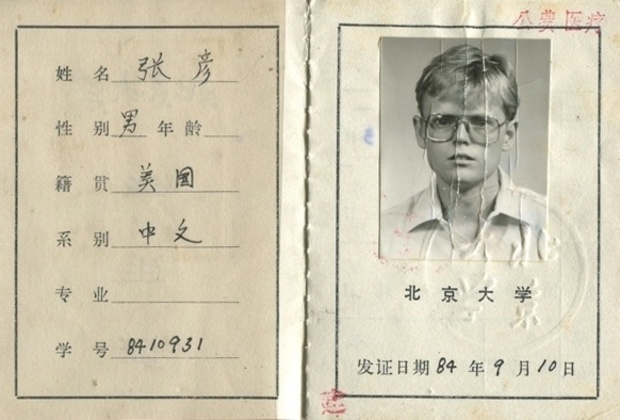
SCHOLARS, DIPLOMATS AND JOURNALISTS REFLECT ON THEIR FIRST ENCOUNTERS WITH CHINA
A series of recollections, some startling honest, by some of the best names in the China-watching field, including Perry Link (Princeton Univeristy), Andrew Nathan (Columbia University), Jonathan Mirsky (Times of London), W. J. F. Jenner, and Lois Wheeler Snow, who recount their first visit to China, recalling their initial observations and impressions. The volume is edited by Kin-ming Liu. The goal is to give a view of the relatively early years of the West’s re-engagement with China, from the Mao era through the early years of the Deng reforms.
PURCHASE
The book is available on following sellers:
PRAISE
“Illuminating . . . Fascinating . . . Engaging. A reminder of the kinds of shattering debutante encounters with the enormity, and often imponderability, of Chinese realities that have shaped those who travelled there. Features reminiscences by many of the voices that have come to define how, until fairly recently, the West understood, however partially and imperfectly, China.”
– Asian Review of Books
“Captures the freshness and curiosity of first encounters with China . . . The richness of the book lies in the variety of accounts at different times in history.”
– South China Morning Post
“To collect the stories of first encounters with China was a brilliant idea. Not only do we get the benefit of many fascinating insights (and hindsights) from a range of foreigners and overseas Chinese, but these deftly edited views from the outside make up one great story: the history of Communist China. More than a history of one damned thing happening after another, however, this is a history of perceptions, lies, myths and revelations, as much about China as her rulers wish it to be seen, as about those who chose to see China, more and sometimes less clearly, over the last half century.”
– Ian Buruma, author of Bad Elements
“This is a wistful and absorbing volume, and a fitting remembrance for all of us who once thought that China was going to be easy to study.”
– Jonathan Spence, author of The Search for Modern China

EXCERPT: DENG’S HEYDAY
When I began thinking about writing this piece, my first trip to China in 1984 had seemed like a disappointment. Unlike today, this was the China of Great Events: the launch of bold reforms and an era of intellectual ferment unlike any since. Before arriving I had read about the foreigners who had come to China in the Mao era and seen nothing; I had fancied that I would do better. And yet I had spent most of my time tooling around the north of Beijing on a bicycle, talking to a hodgepodge of foreign students and oddball Chinese. What had I really seen?
I softened my views after reading my diaries from that period, the first time I’d looked at them in a good 15 years. I realized that if I hadn’t experienced the sweep of events unfolding in Deng Xiaoping’s China, my idiosyncratic experiences were in some ways a mirror of this time. Compared to today’s budding superpower, this was a messier, odder China, like an old house full of memories that hadn’t yet been spruced up for sale. It was also a country that was still really quite exotic in the best sense of the word: a place a long way from home, where one could get lost for months at a time and, despite one’s best intentions, disappear from friends and family.
Read more on the ChinaFile website.

